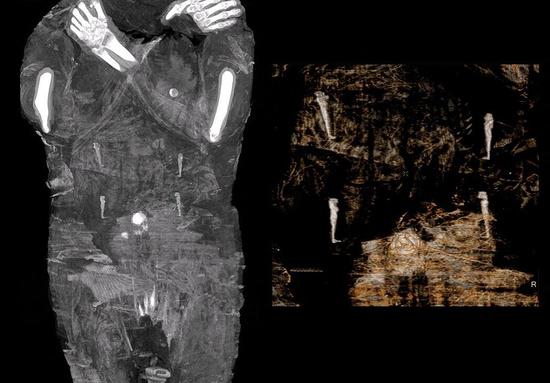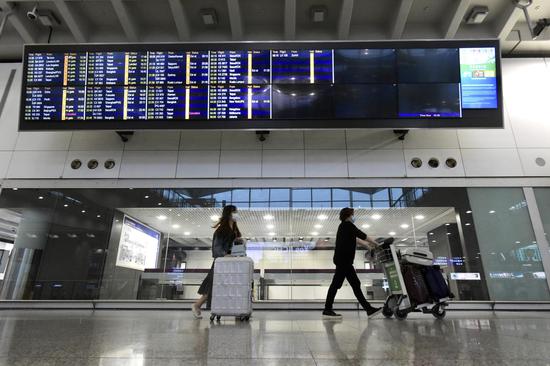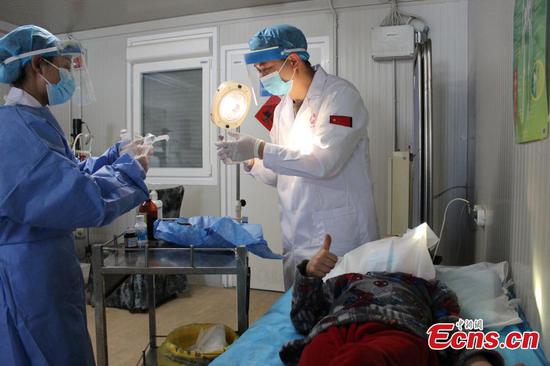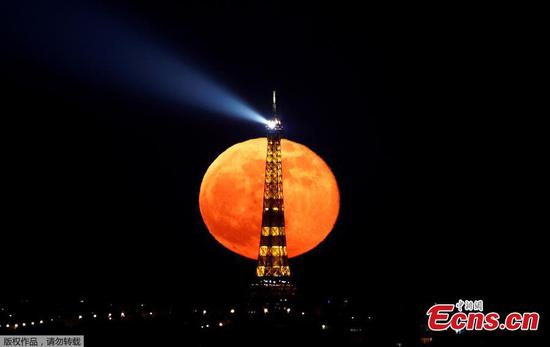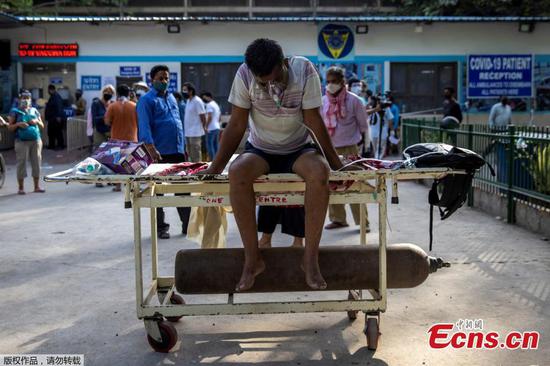Member states meeting in hope to sign off on plan to open up to jabbed visitors
The European Union's 27 member states were on Tuesday due to begin discussing a proposal to ease coronavirus travel restrictions to the region in an effort to resuscitate the bloc's tourism sector and broader economy.
A proposal toward this aim — loosening the curbs on nonessential travel — had been put forward by the European Commission on Monday.
In drumming up support for the move, Commission President Ursula von der Leyen tweeted on Monday that it's time to revive the EU's tourism industry and to safely rekindle cross-border friendships.
"We propose to welcome again vaccinated visitors &those from countries with a good health situation," she wrote.
She stressed that if virus variants emerge, the EU has to act fast, citing the proposed EU emergency brake mechanism.
The proposal announced on Monday, being discussed on Tuesday and Wednesday by representatives from the member states, would allow travelers from countries with a "good epidemiological situation" to enter. They will have to prove that they have had the "last recommended dose of an EU-authorized vaccine" approved by the European Medicines Agency, or EMA, at least 14 days prior to arrival, the European Commission said in a news release.
Children who have not been able to receive a jab should be able to travel with their parents as long as they present a negative test, although further testing might be required on arrival.
The commission hopes that member states will adopt the proposal at the end of the month. It also indicated that the list could be expanded to include vaccines approved by the World Health Organization.
On Tuesday, the EMA announced that it started a rolling review of a COVID-19 vaccine from China's Sinovac Biotec to assess its effectiveness and safety, a first step toward possible approval for use in the bloc. The announcement came a day after a top World Health Organization official said the WHO is set to decide this week whether to approve the Sinovac vaccine, and one from fellow Chinese drugmaker Sinopharm, for emergency use.
So far, the EMA has only approved vaccines by the Pfizer-BioNTech partnership, Moderna, AstraZeneca and Johnson &Johnson.
However, vaccine certificates will not exempt travelers from requirements such as presenting a negative test result or undergoing a quarantine that individual EU member states regard as necessary in their own national health policies.
The new proposal would raise the infection threshold from 25 cases per 100,000 decided last June to 100 cases. The bar is set well below the current EU average, which is more than 420 in a 14-day period. And the move is expected to expand the number of countries allowed.
The European Commission has so far only proposed lifting restrictions on nonessential travel to those coming from Australia, New Zealand, Rwanda, Singapore, South Korea and Thailand. Chinese travelers will also be allowed if China reciprocates in allowing EU travelers.
The proposal is expected to help the bloc's struggling tourism industry to recover after on-and-off lockdowns for most of the past year.
But it's unclear how it will work for travelers from countries such as the United States, which does not issue a national vaccination certificate.










